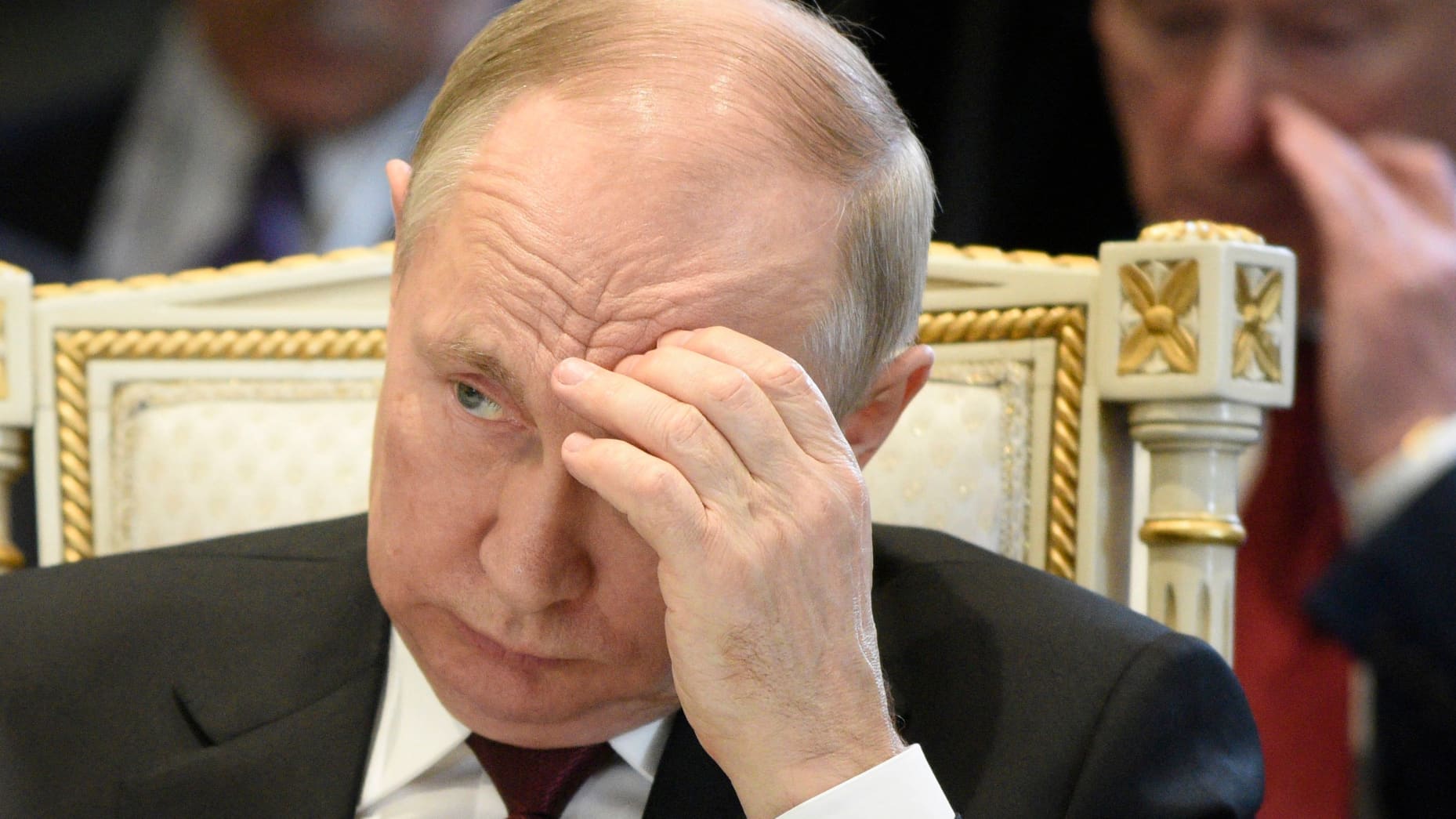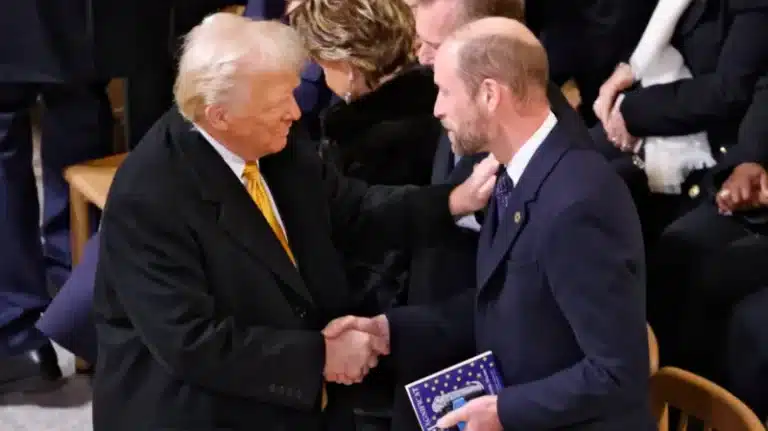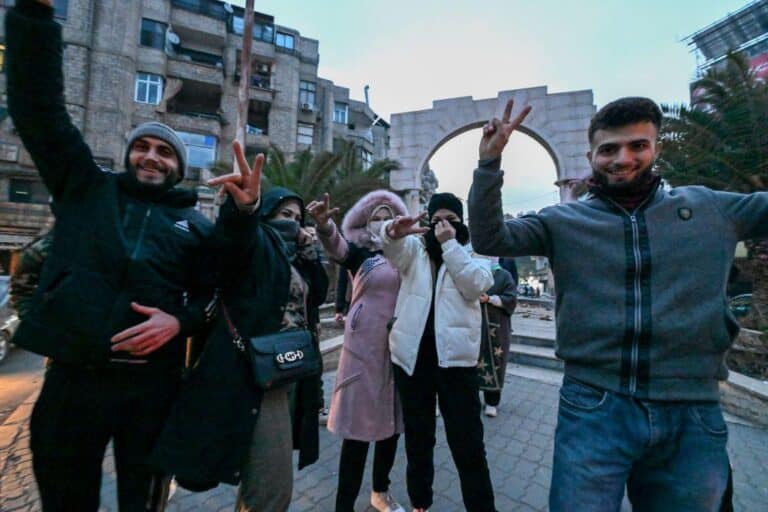Ukraine War: Putin Faces Tough Choices If The War Persists
The Ukraine war has spiraled into a complex and harrowing conflict, capturing the world’s attention and raising urgent questions about stability in Eastern Europe. As violence continues to engulf the region, President Vladimir Putin finds himself at a crossroads. The decisions he makes now could alter not only his nation’s trajectory but also reshape international relations for years to come. With mounting pressure from within and outside Russia, every action carries weighty implications. What lies ahead? And what choices does Putin really have if this turmoil drags on? Let’s delve deeper into the multifaceted landscape of this ongoing crisis.
The current situation in Ukraine
The current situation in Ukraine remains dire, with battles raging across several key regions. Cities that once thrived are now shadowed by destruction and despair. Civilians face daily threats as military engagements intensify.
Displaced families seek shelter, grappling with uncertainty about their futures. Essential services have been disrupted, leaving many without access to clean water or medical care. The humanitarian crisis deepens as more people flee their homes in search of safety.
Despite the grim circumstances, Ukrainian forces continue to demonstrate resilience and tenacity on the battlefield. They stand united against external aggression while rallying international support for their cause.
Diplomatic efforts persist but achieve limited success amid escalating hostilities. Allies are concerned about potential spillover effects from a prolonged conflict that could destabilize neighboring nations further south and east. As the war stretches into another year, the stakes grow ever higher for those caught in its crossfire.
Russia’s involvement and President Putin’s actions
Russia’s involvement in the Ukraine war has been marked by aggressive military maneuvers and strategic decisions. President Putin’s actions have drawn widespread condemnation from the international community. His initial annexation of Crimea in 2014 set a troubling precedent, escalating tensions between Russia and Ukraine.
The Kremlin’s support for separatist movements in Eastern Ukraine further complicates the situation. This backing has fueled ongoing conflict while undermining diplomatic efforts for peace.
Putin’s rhetoric often portrays these actions as necessary for protecting Russian-speaking populations, but that narrative is increasingly challenged both at home and abroad. As casualties mount and sanctions tighten, his choices grow more precarious.
The world watches closely as he balances national pride against mounting pressure on multiple fronts. The stakes are high, not just for Ukraine but also for Russia’s standing on the global stage.
Possible outcomes of the war
The Ukraine war has several potential outcomes, each with significant implications. A prolonged conflict could see further territorial gains by Russian forces, altering the landscape of Eastern Europe.
Alternatively, a negotiated settlement might emerge if both sides find common ground. This could lead to a ceasefire and some level of autonomy for disputed regions.
Moreover, continued resistance from Ukraine can instigate international support. Increased military assistance may empower Ukrainian forces to reclaim lost territories.
Another possibility includes widespread unrest within Russia itself. Prolonged sanctions and mounting casualties could fuel dissent against Putin’s leadership.
Each scenario presents its own set of challenges and risks, fueling uncertainty in an already volatile region. The global community watches closely as these developments unfold, aware that the stakes are high for all parties involved.
Ukraine war Impact on neighboring countries and international relations
The Ukraine war has sent shockwaves through Eastern Europe, reshaping alliances and sparking tensions among neighboring nations. Countries like Poland and the Baltic states are on high alert, fearing potential spillover effects from ongoing conflict.
NATO’s presence in these regions has intensified as member countries rally to bolster their defenses. Military exercises have become commonplace, sending a clear message of solidarity against perceived threats.
Conversely, some nations may exploit the chaos for political gain. Hungary’s relationship with Russia has seen fluctuations amidst the turmoil, demonstrating how alliances can shift based on convenience rather than ideology.
International relations are increasingly complex. The war complicates diplomatic ties not only between Russia and its neighbors but also impacts broader global dynamics involving powers like China and the U.
S. Each move is scrutinized closely by allies and adversaries alike.
Economic implications for both Russia and Ukraine
The ongoing Ukraine war has wreaked havoc on both nations’ economies. For Russia, sanctions imposed by Western countries have led to significant isolation. Access to global markets is severely restricted, stalling growth and innovation.
Ukraine faces a different economic reality. Infrastructure damage from the conflict has crippled vital sectors like agriculture and manufacturing. With farmland rendered unusable, food production plummets, threatening national stability.
Both nations are grappling with inflation as costs soar due to disrupted supply chains. Currency fluctuations add another layer of complexity for businesses trying to navigate this unstable environment.
Investment is wary in such uncertain conditions. Foreign investors hesitate, fearing losses amid ongoing hostilities. The long-term economic ramifications could reshape both countries for years to come if peace isn’t restored soon.
Ukraine war Humanitarian crisis and civilian casualties
The ongoing Ukraine war has unleashed a devastating humanitarian crisis. Millions are displaced, seeking refuge in safer regions or neighboring countries. The sheer scale of the suffering is staggering.
Civilian casualties continue to rise, with reports highlighting tragic losses among families and children. Everyday life has been disrupted; schools, markets, and homes have become battlegrounds.
Access to basic necessities like food, water, and medical care dwindles as infrastructure crumbles under bombardment. Aid organizations struggle to reach those in need amid constant threats and chaos.
Psychological trauma is also a hidden cost of this conflict. Survivors carry invisible scars that may last for generations.
Communities are shattered, their futures uncertain. As the war drags on, hope seems elusive for many caught in this turmoil.
International efforts for peace and resolution on Ukraine War
International efforts for peace in the Ukraine war have been complex and multifaceted. Various nations and organizations are attempting to mediate discussions between Russia and Ukraine. Diplomatic channels remain open, with countries like France and Germany taking active roles.
The United Nations has repeatedly called for ceasefires, emphasizing the need for humanitarian access. Many states also support sanctions on Russia, aiming to pressure Moscow into negotiations.
Grassroots movements worldwide advocate for peace through protests and campaigns. These initiatives underscore a collective desire for resolution among global citizens.
Additionally, regional alliances such as NATO monitor the situation closely while offering support to Ukraine without direct military involvement. Their stance reflects a commitment to defend democratic values amid growing tensions.
Even though diplomatic efforts face significant challenges, the international community’s resolve remains strong in seeking an end to this conflict.
Challenges faced by Putin in finding a solution
President Putin is navigating a complex landscape. The ongoing Ukraine war presents him with formidable challenges.
One major hurdle is the growing dissent within Russia. As casualties mount, public sentiment shifts. Protests against the war are becoming more vocal, testing his grip on power.
International isolation compounds these issues. Sanctions have crippled the economy and limited access to essential resources. This has created pressure not just from abroad but also domestically.
Additionally, Putin faces internal political dynamics. He must balance hardliners demanding a stronger stance with moderates advocating for peace talks.
The military’s performance has raised questions as well. A protracted conflict could undermine confidence in his leadership among both allies and opponents alike.
Each decision carries weighty consequences that can alter the course of Russian politics and security for years to come.
Potential consequences for Putin and his leadership
As the Ukraine war continues, President Putin faces mounting pressure both at home and abroad. The prolonged conflict could lead to significant consequences for his leadership.
Internally, dissatisfaction among the Russian populace is growing. Economic hardship stemming from sanctions is affecting everyday life. Citizens are increasingly aware of Russia’s standing on the global stage, which may further fuel discontent.
Internationally, persistent aggression in Ukraine has strained relationships with key allies and partners. Countries that once held a neutral stance may reconsider their positions as they witness the ongoing humanitarian crisis and geopolitical instability.
Moreover, if the war escalates or drags on without resolution, it could embolden opposition groups within Russia. Critics might seize this opportunity to challenge Putin’s authority more openly, leading to potential political upheaval.
Additionally, there’s an ever-present risk of military overreach resulting in catastrophic outcomes for Russia itself. Such scenarios would not only devastate relations with neighboring countries but also cripple any long-term aspirations for regional dominance.
Putin’s choices will shape not just his legacy but also determine whether he can maintain control amid rising tensions fueled by an unresolved conflict that shows no signs of abating soon.




